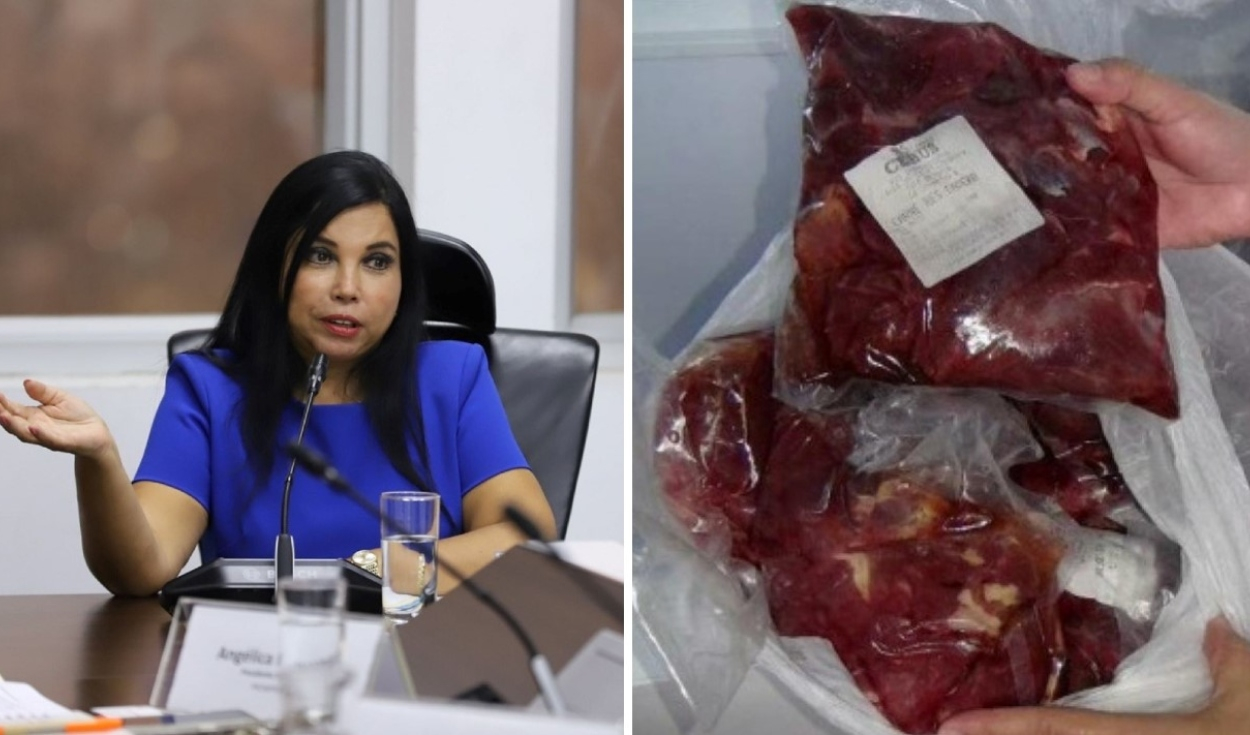
A few weeks ago, our country signed agreements with China to export donkey meat, table grapes by air and other products. Within the framework of the work agenda developed in the People’s Palace in Beijing, these agreements were signed to strengthen trade and the comprehensive strategic partnership between both nations.
As part of these bilateral relations, the signing of health protocols for the export of donkey meat and its derived products is of interest to China because it is used in traditional medicine and beauty products. The Minister of Foreign Trade and Tourism, Elizabeth Galdo, spoke on this issue and the update of the Free Trade Agreement (FTA) with the Asian country.
Peru to export donkey meat to China, says Foreign Trade Minister
Following a series of technical negotiations between the General Administration of Customs of China (GACC) and the National Agrarian Health Service of Peru (SENASA), an agreement was reached on Friday, June 28 to sign the health protocols for the export of donkeys and their derived products, which from that date will arrive in the Asian giant.
“By signing phytosanitary agreements, some additional rules have been established to clarify and ensure that products that were not allowed to enter China before can enter China. For example, vegetables. Some people find it funny, but donkey meat is in demand in China and is one of the products that is also being exported. We have to produce what is in demand and where there is a possibility,” said the Minister of Foreign Trade and Tourism (Mincetur), Elizabeth Galdo, in statements to Canal N.
As the head of Mincetur recalls, China has now become Peru’s main trading partner, with 32% of exports going to that country. “Other aspects linked to tourism and culture have also been reviewed, for example, such as the possibility of co-financing Peruvian-Chinese filming with locations in Peru, with the aim of making the world appreciate our country as Transformers,” she added.
Finally, he indicated that the modernization of the FTA between our country and China has allowed the inclusion of new chapters related to electronic commerce, the global supply chain, cooperation in standards and conformity assessment, among others.
“It is an optimization that, in clearer words, is a modernization of this treaty that is 14 years old. The time it has had has required the inclusion of new chapters. Work has been done to include a chapter related to electronic commerce that was not there before,” he said.
Health protocol for the export of fresh grapes by air
Among the agreements signed, the phytosanitary protocols that determine the requirements for exporting table grapes by air to the Chinese market were also updated. According to the Ministry of Agrarian Development (Midagri), the signing of this agreement “will allow the export of very high quality fruit to a very specific market segment, which values the quality of the product.”
As you may recall, this protocol was signed on December 24, 2004. However, the National Agrarian Health Service of Peru (Senasa) requested the General Administration of Customs of China to update it to include cold treatment at origin as a complementary alternative to shipments already made by sea.
The review was only completed in January 2023, resulting in a new text. Senasa then informed GACC of its agreement on the update of the Phytosanitary Protocol for the export of table grapes by air.
FACT
- Donkey meat is a key product for China, which uses it to make ejiao, a type of gelatin used in traditional medicine and beauty products.
Source: Larepublica
Alia is a professional author and journalist, working at 247 news agency. She writes on various topics from economy news to general interest pieces, providing readers with relevant and informative content. With years of experience, she brings a unique perspective and in-depth analysis to her work.











